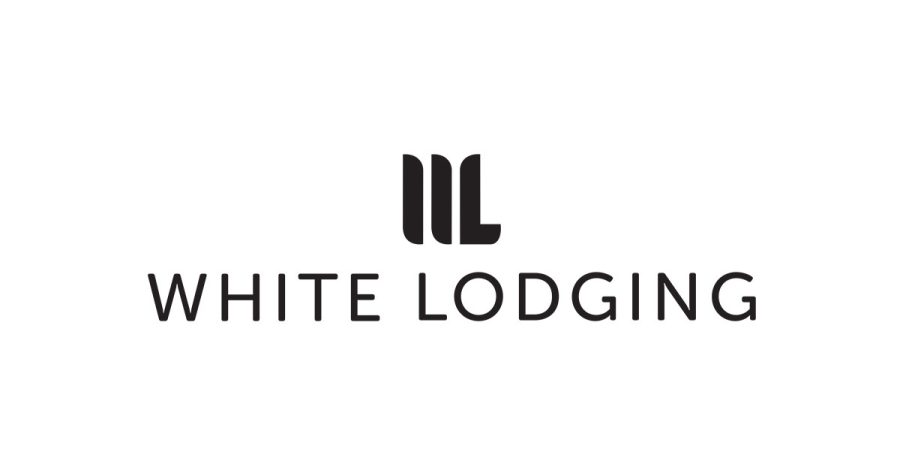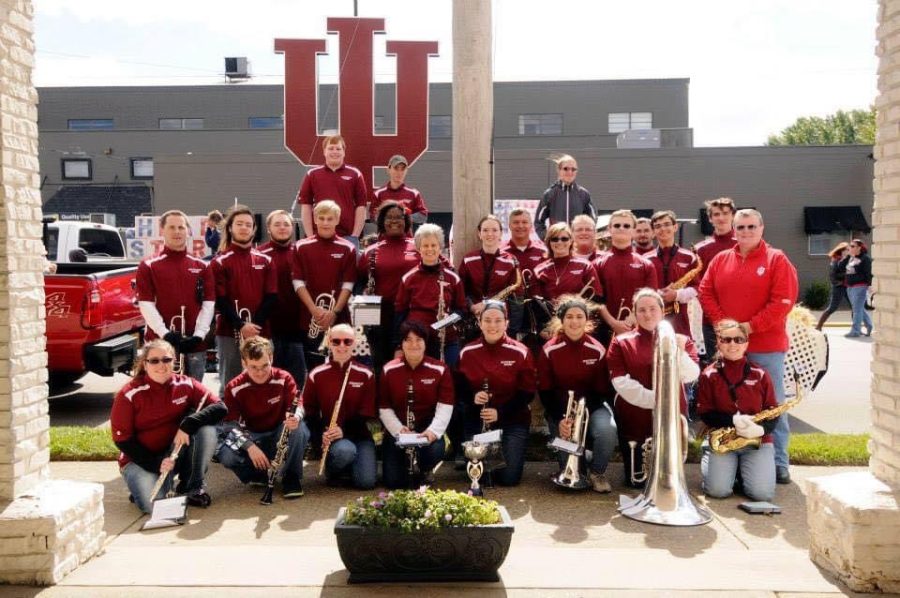 The IUS Résumé Preparation Workshop was an informative and educational event that took place in University Center North, room 112 on Feb. 1. This workshop was offered by the Career Development Center.
The IUS Résumé Preparation Workshop was an informative and educational event that took place in University Center North, room 112 on Feb. 1. This workshop was offered by the Career Development Center.
Trey Lewis, director of the Career Development Center, greeted students before presenting his résumé Power Point.
Lewis said the four components a student should use are what, when, why and how.
One topic that was introduced was the true definition of a résumé. A résumé is a summary of individuals, as well as goals and achievements.
Although it can sometimes be confused with a biography, students’ résumés feature the most important components of their education and experience.
“You need to have a polished résumé — if you nail that part of that process — to be able to represent yourself,” Lewis said.
Lewis said there are several components to consider when creating a résumé as far as how a résumé is arranged. A student résumé should use good page utilization, meaning a student’s résumé should look professional and include no blank spaces.
Another aspect that helps achieve a well-polished résumé, is providing phone numbers so employers may contact applicants directly.
“You don’t want an employer to call and have to get through to someone else to get a hold of you,” Lewis said.
Lewis also said to use an e-mail address that makes students more reachable.
“Use an e-mail that you check the most often,” Lewis said.
Lewis also provided insight on how to format a résumé, including what should be listed and what should be left out.
“The most common question that is asked is ‘Should I list my GPA on my résumé?’” Lewis said. “The general rule of thumb is, if you don’t have a cumulative GPA above 3.0, don’t list it.”
Lewis also said how to get to the most important part of a résumé. In order to achieve this with a résumé, students must be as descriptive as possible.
Another topic that arose in the workshop was résumé styles. The chronological résumé features the most recent information, while the functional résumé is a format that only lists skills and abilities. However, employers usually do not like the functional résumé because it does not list a chronological job history.
Work experience was another topic that came about.
“Employers want to know where a student got their job experience,” Lewis said.
When listing work experience, students should make sure it adds value to the résumé and include specific job responsibilities.
Other items that are considered as work experience include volunteer experience, major projects or corporate classroom experience.
When listing a major project, students should make sure it is related to the job or major, providing a brief synopsis of the class project with results of the project.
“Even though major projects are not actual work experience, this importance can add value to your résumé,” Lewis said.
A résumé should also feature a cover letter, which explains why an applicant is the appropriate candidate for the job.
References should also be included in a separate document.
“[After] attending the workshop, I now know what a good résumé should consist of, which will be very helpful as I prepare my own,” Candace Kepley, nursing sophomore, said.
By LYNN BAILEY
Staff
lbailey@ius.edu






